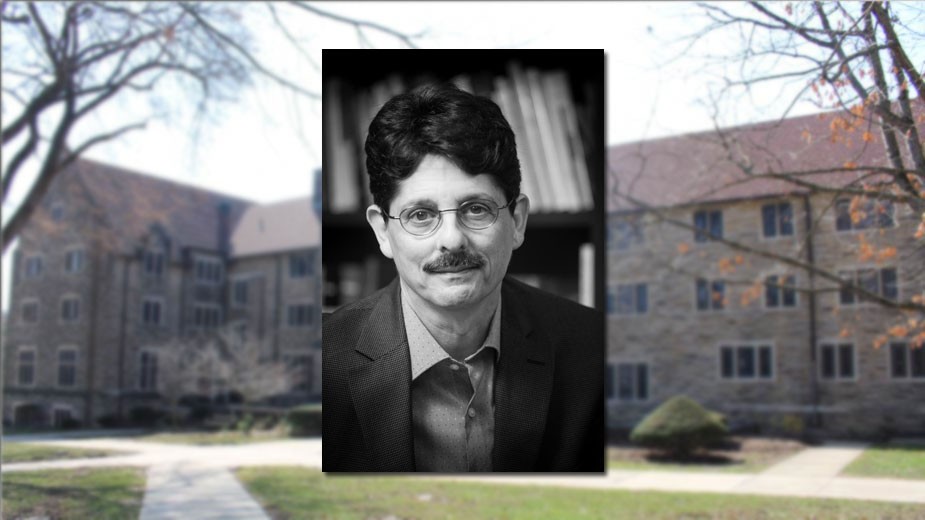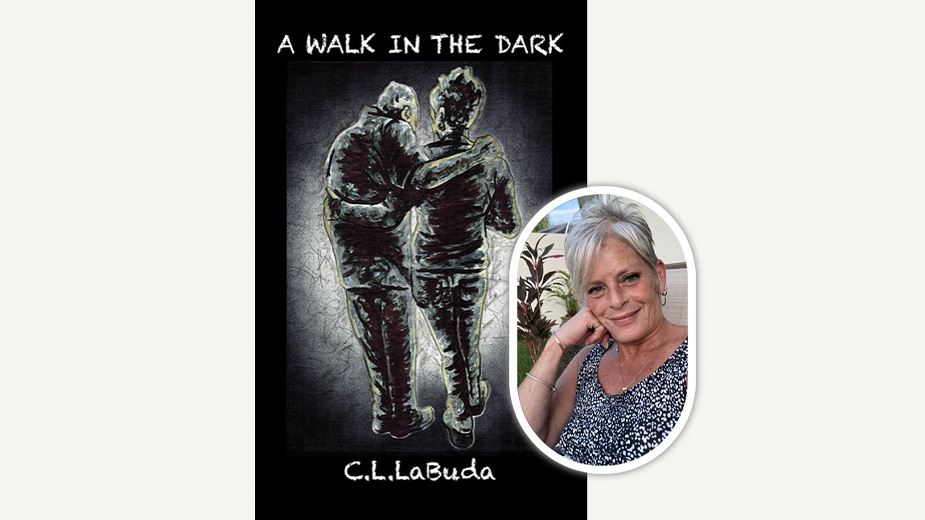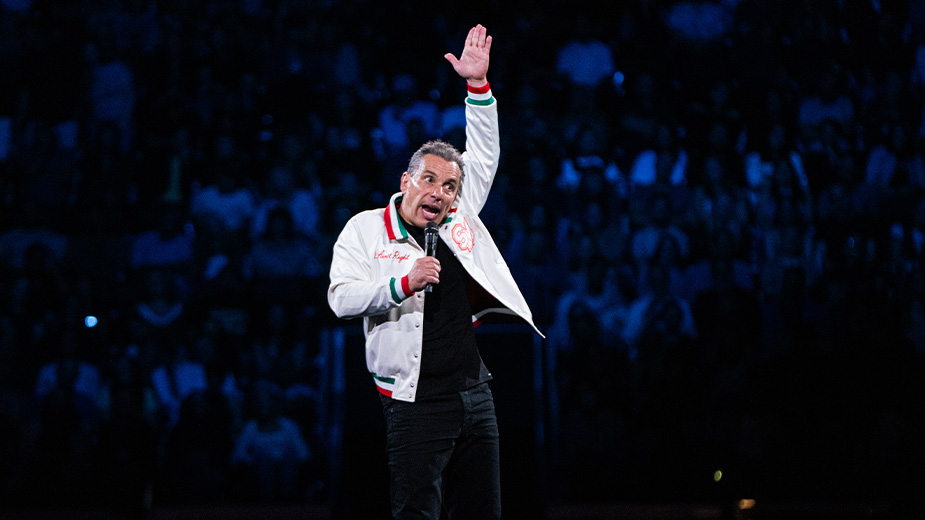Westminster Prof’s Debut Novel Targets School Shootings
NEW WILMINGTON, Pa. – David Swerdlow finished the first draft of his novel in 2014 but the book wasn’t published until last month.
Unfortunately, it remained relevant.
The Westminster College English professor and poet takes a personal look at a school mass shooting in “Television Man.”
“I started writing it after Sandy Hook,” he says, referring to the 2012 massacre at a Connecticut school in which 27 people, including 20 children, were slain by a gunman.
There have been multiple shooting sprees since then, including the 2018 shootings at Stoneman Douglas High School in Florida, and the attack on the Tree of Life Synagogue in Pittsburgh, which occurred a year ago this month.
In “Television Man,” Swerdlow wrote about the places and people that he knows. His story is set in a small Western Pennsylvania town, and also in a Pittsburgh hospital.
Like one of the main characters in his book, Swerdlow, a native of New Wilmington, is a Jewish man with children who serves as a school board member.
“After Sandy Hook, I was holding school board meetings where people wanted to come down and guard the school 24 hours a day,” he says. “They were up in arms. I didn’t think that was the answer. My novel became my way of grappling with it.“
The title refers to the voice in the head of the shooter, an awkward and troubled high school student who found a source of purpose and strength in a harsh television commentator.
The story focuses on a small group of people at the center of the shooting, and insightfully reveals their interactions, thoughts and memories.
Swerdlow doesn’t shy away from political statements – he occasionally refers to “the bully in the White House” – but his goal is to explore the issues beneath the shocking but routine outbursts of violence, and to propel the discussion.
“I’m not anti-conservative, but I think the president has incited hatred and I want to say that,” says Swerdlow. “[President Trump] is like the Television Man.”
Still, the author does not submit to blame-laying and finger-pointing. His aim is to put humanity back into the equation.
“In the media, these things are flattened out into an event, and are not about people,” he says. “That is the nature of the media. But one thing I’ve learned is that to solve problems, it must be with compassion and with everyone involved, even the person who does the shooting, so that we can help them before they shoot.
“We have to be people again, not just sides in an argument. We have to show people in their full dimension, and solve it through love and compassion, and not bickering.”
To head off problems, says Swerdlow, folks have to get involved and steer troubled people to programs that can help them. At one point in “Television Man,” the distraught mother of the shooter thinks that privacy laws were the reason doctors didn’t reach out to her with help for her child.
“It’s at these moments when people need to step in and say, ‘If you are feeling the emptiness and despair, you need help,’ and we have lots of mechanisms to help,” says Swerdlow. “But finally, it is about human to human, and not bureaucratic [involvement]. We must say ‘I will try to help this human even though he scares the heck out of me.’ It has to operate at an individual level. We can’t just go on name-calling.”
Swerdlow is a poet, and usually expresses himself through that art form. But after Sandy Hook, he says, his poetry failed him.
“Normally when this happens I go on to writing fiction, which doesn’t work either, but this time it did,” he says. “These characters took control of my imagination. I knew their stories. I’ve never had that experience before. It was fast and furious and overwhelming.”
While he thought it was important to write the book, Swerdlow initially had no intention of getting it published and selling it.
“I just did it for myself,” he says.
“Television Man” can be purchased on Amazon. Swerdlow is currently putting together a written accompaniment that he will offer to book groups, synagogues, schools and other institutions as a learning aid.
The visit from his muse has spurred more long-form writing by Swerdlow, who has already finished a second novel and is currently revising it.
In researching school shootings, Swerdlow gained an insight into the causes.
“A lot of these shootings happen in more rural areas, he says. “One postulation is that kids who grow up in small communities can feel like their fate has been decided and they can never change it. That frustration has led these young men to lash out at that community because they feel they have nothing to lose.”
The circumstances that create potential shooters exist in all countries, says Swerdlow, who postulates two reasons why the horrific events happen in the United States at a far greater rate than anywhere else: easier access to weapons and the copycat phenomena.
An English literature and creative writing teacher, Swerdlow joined the Westminster faculty in 1990 and is now among the college’s most senior faculty.
He grew up in the Washington, D.C., area, earned his doctorate at Ohio University, and raised a family in New Wilmington.
At 7p.m. Wednesday, he will read excerpts from “Television Man,” in the Berlin Lounge of McKelvey Campus Center at Westminster College. Copies of the book will be available for sale there.
Copyright 2024 The Business Journal, Youngstown, Ohio.



